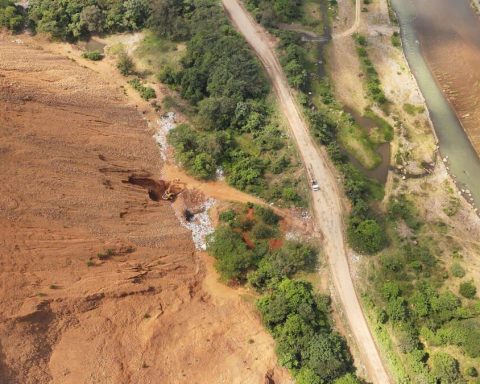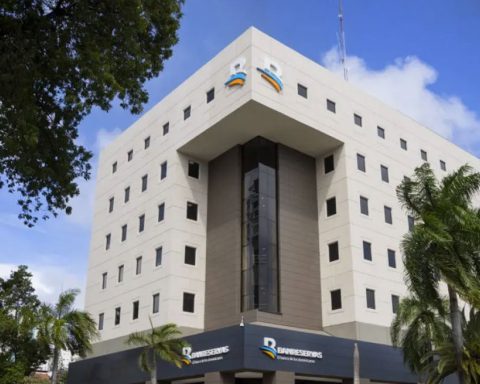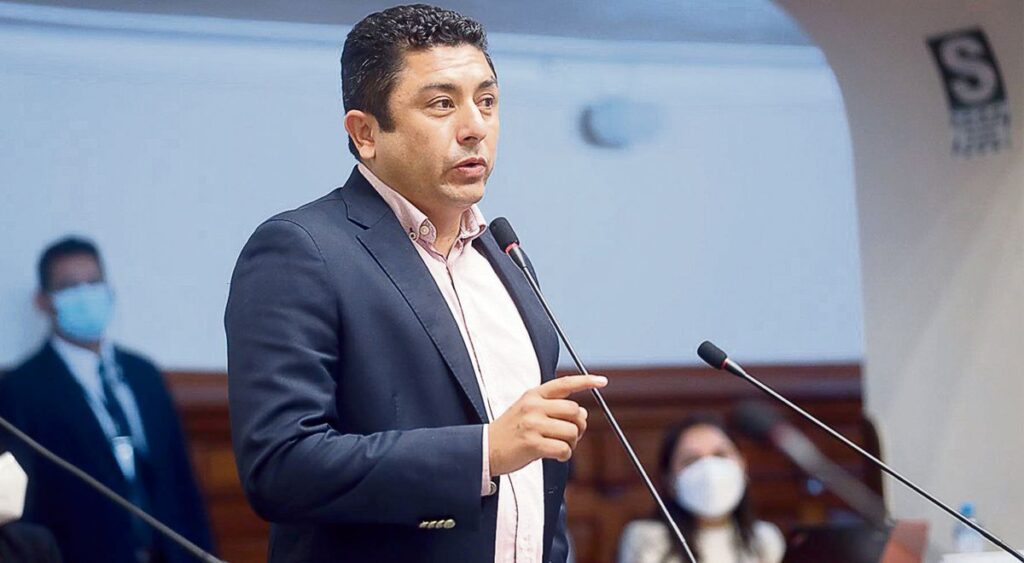The candidate for the presidential nomination of the Dominican Liberation Party, Abel Martinezconsidered as a joke the fact that the Government promotes economic growth, while the middle class continues to be beaten and the poor become poorer due to the poor performance of the current authorities.
Martínez pronounces in these terms based on the official figures offered by the Central Bank according to which, the cost of the national basic family basket went from RD$36,083.88 in August 2020, to RD$40,074.16 in December 2021, for an increase of RD$ $3,990.28, equivalent to 10%, “systematically hitting middle-class housewives, who helplessly watch how money is getting less and less.”
“But the worst thing is that the people with the lowest income, grouped in quintile 1, have also seen their food basket increase by RD$2,536.85, going from RD$21,153.51 in August 2020 to RD$23,690.36 in December 2021. This means that those with less purchasing power, instead of having the hope of improving their living conditions, the bitter reality is that they sink deeper into poverty every day,” said Abel Martínez.
Through a press release, the current mayor of the municipality of Santiago, assured that “if we add to that the fact that an increase in residential electricity bills has already been announced as of this month and the constant increase in fuel prices , it is more than demonstrated that we are facing an ineffective government, which has no sensitivity and does not care about the vicissitudes of the population; Dominican men and women do not eat with prominent headlines in the press, which is what those who govern us today have really specialized in.”
The also member of the Political Committee of the PLD also deplored that agricultural products maintain a clear and constant upward trend in the last 16 months, as is the case with beef, pork and chicken, which reflect an increase of 42%, 28% and 23%, respectively, “just to mention this line, but the same is happening with rice, beans, coffee, milk, bananas, and a large number of locally produced items, whose producers have also been abandoned.














